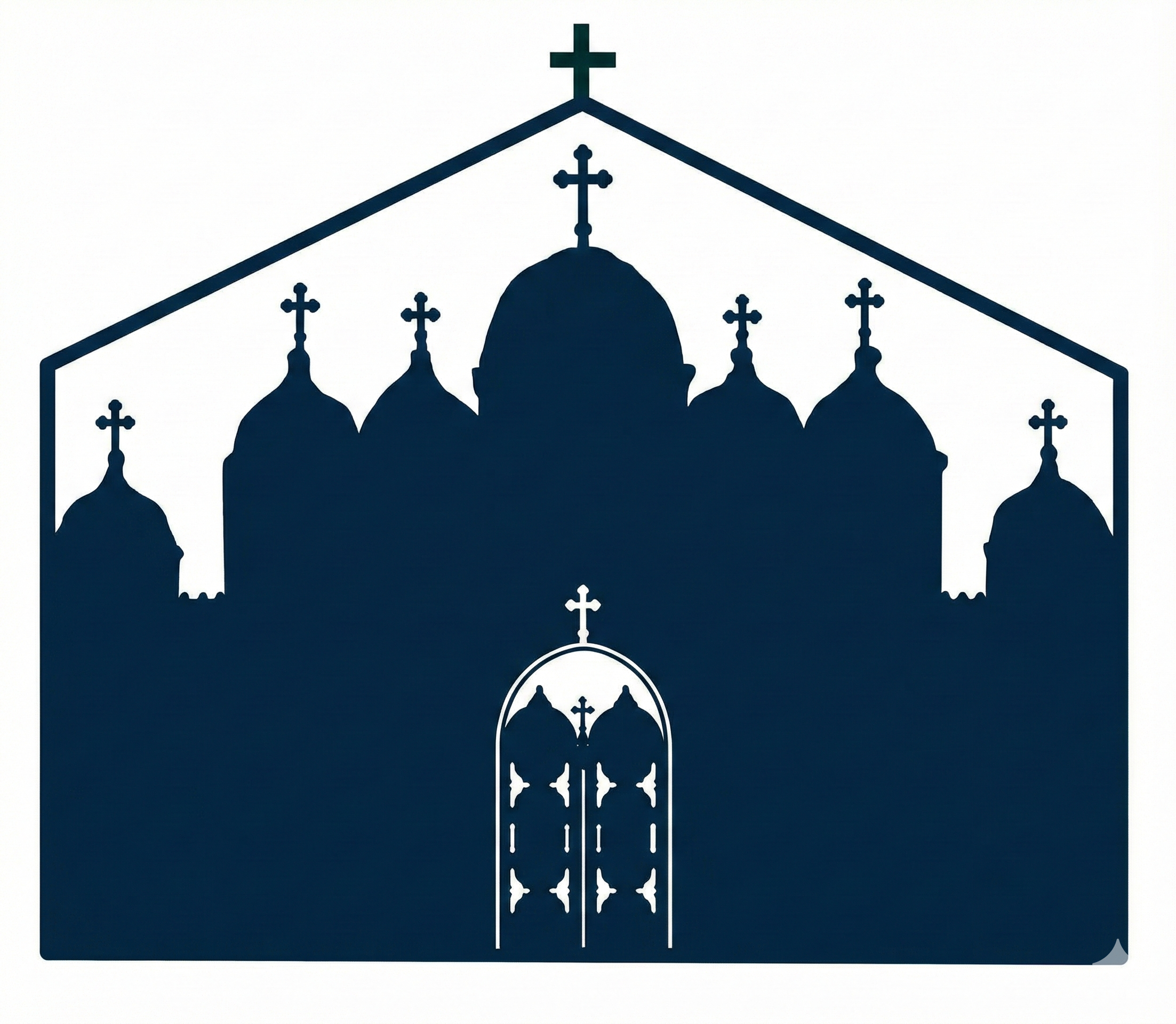Christ is Risen!
One day, Jesus and his disciples met a man who was born blind. The disciples asked the Lord.
“Teacher, who sinned that this man was born blind? This man, or his parents?”
The Lord replied, “Neither this man, nor his parents, but that the works of God may be made manifest in him.” He then spit on the ground to make muddy saliva and smeared it on his eyes, and ordered him to wash his eyes in a pool. When he did as he was told, he regained his sight.
“So that the works of God may be made manifest.”
This phrase is sometimes interpreted to mean that a congenital disability is a manifestation of God’s will. Yet for someone who has placed their last hope in Christ’s word, it can feel like a devastating blow rather than a revelation of divine work.
Many of Jesus’ words were spoken to the people in front of him, taking into account the specific circumstances in which each person found themselves, and we must be careful not to turn them into universal lessons or golden rules that can be applied to all situations. Today’s Gospel in particular requires caution.
We must not forget that Christ immediately healed the man. The Lord answered, “So that God’s works may be made manifest,” with the assumption that he would heal the man. He did not admonish the man to “accept his congenital disability because it is God’s will.”
There are unavoidable hardships that befall us regardless of our own will or effort. This can only be described as irrational. If someone who has continued to smoke for decades, knowing the dangers, becomes ill, that is the natural consequence, but there is no logical explanation for why an innocent baby can be born blind. There are any number of medical explanations that can be given. But no one can answer the desperate cries of “Why this child?” or “Why me?”, and no one can provide a reasonable explanation.
We must not forget that the Lord’s words “so that the works of God may be made visible” were a response to a question from his disciples. Their question was, “If not this man himself, then who sinned that he was born blind?” In response to the idea of ”Heaven’s vengeance” that is deeply rooted in the hearts of people throughout history and around the world, and the idea that human suffering is a punishment or reward that God or gods bestows upon people according to their actions, Jesus affirmed, “That is not so. God does not wish for people to suffer. Rather, He wants to free people from their suffering.” And He immediately opened the man’s eyes as proof of his words.
“So that the works of God may be made visible” is not a theological explanation. Rather, it is an overflow of the sorrow and love of God/Christ, who is always with men. Christ did not want to show off a miracle to prove His power over a senseless condition like congenital blindness. He stood before this irrational pain not as a superior being, but as one of us. He shared in the man’s sorrow—perhaps even his anger. But He did not leave him in sorrow. As God, and as a promise of the salvation He would later accomplish, He healed the man’s eyes then and there. Boldly and clearly, He declared, “The works of God are now being revealed in you.”
The Lord’s death on the cross and resurrection are the fulfillment of this promise. God Himself cried out in anguish at the greatest absurdity of having to die despite being God. “My God, my God, why have you forsaken me?” At that moment, the absurdity that humans bear was completely shared by God. And the Lord’s resurrection on the third day transformed the absurdity that plunges us into confusion and despair into hope and joy for the resurrection.
Christ is Risen!

